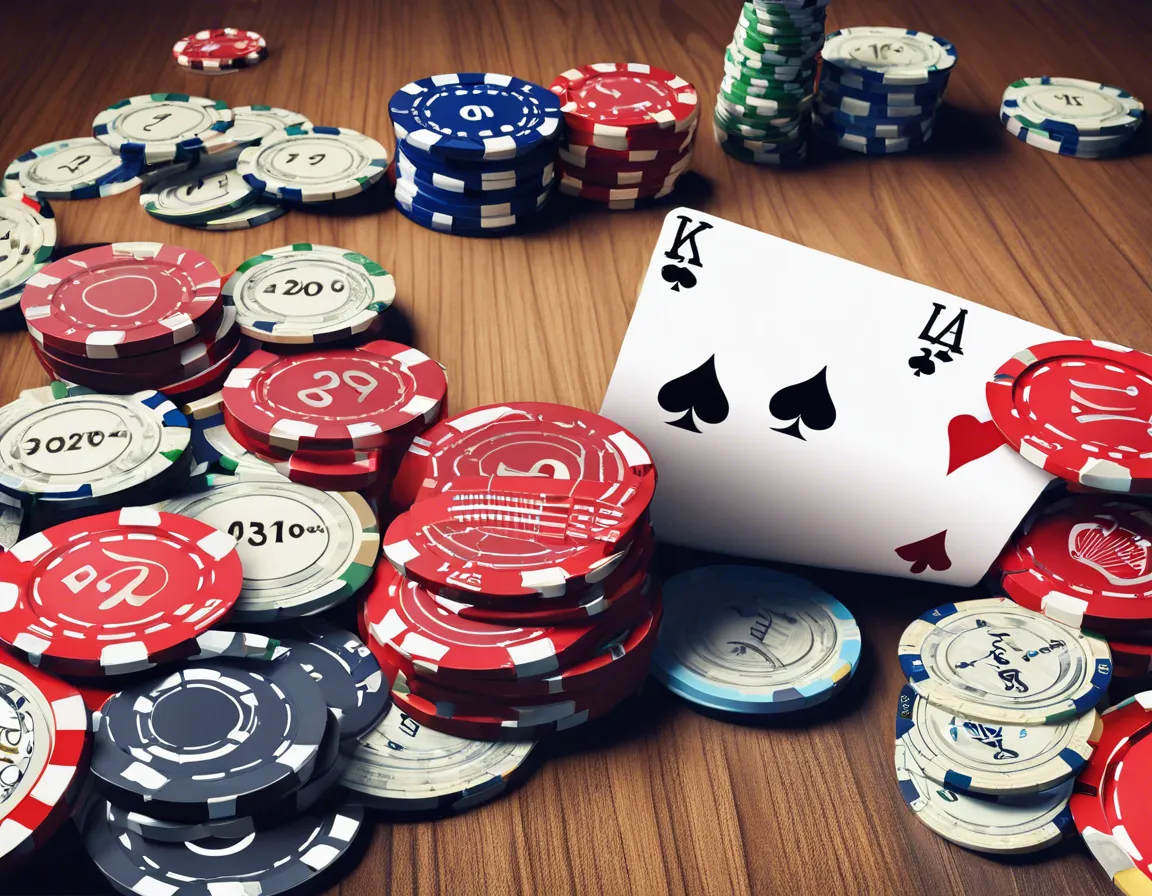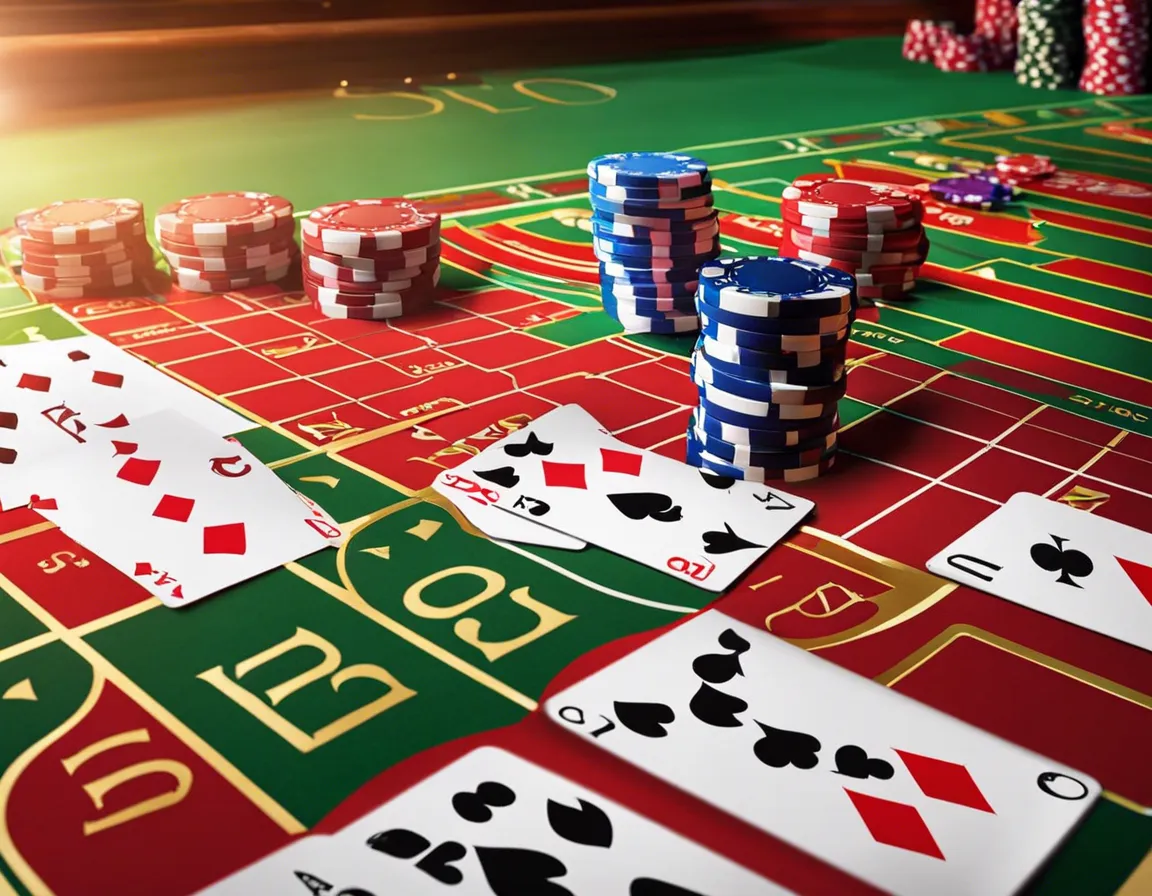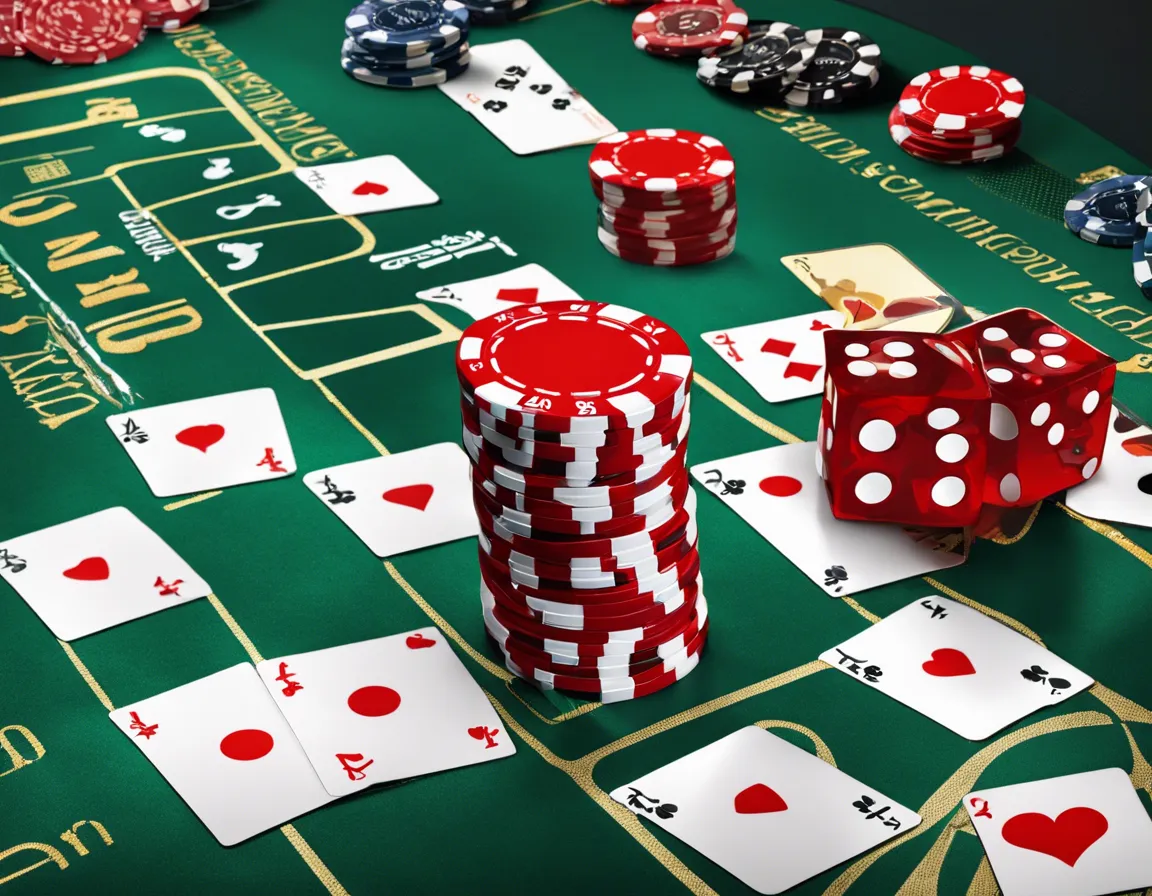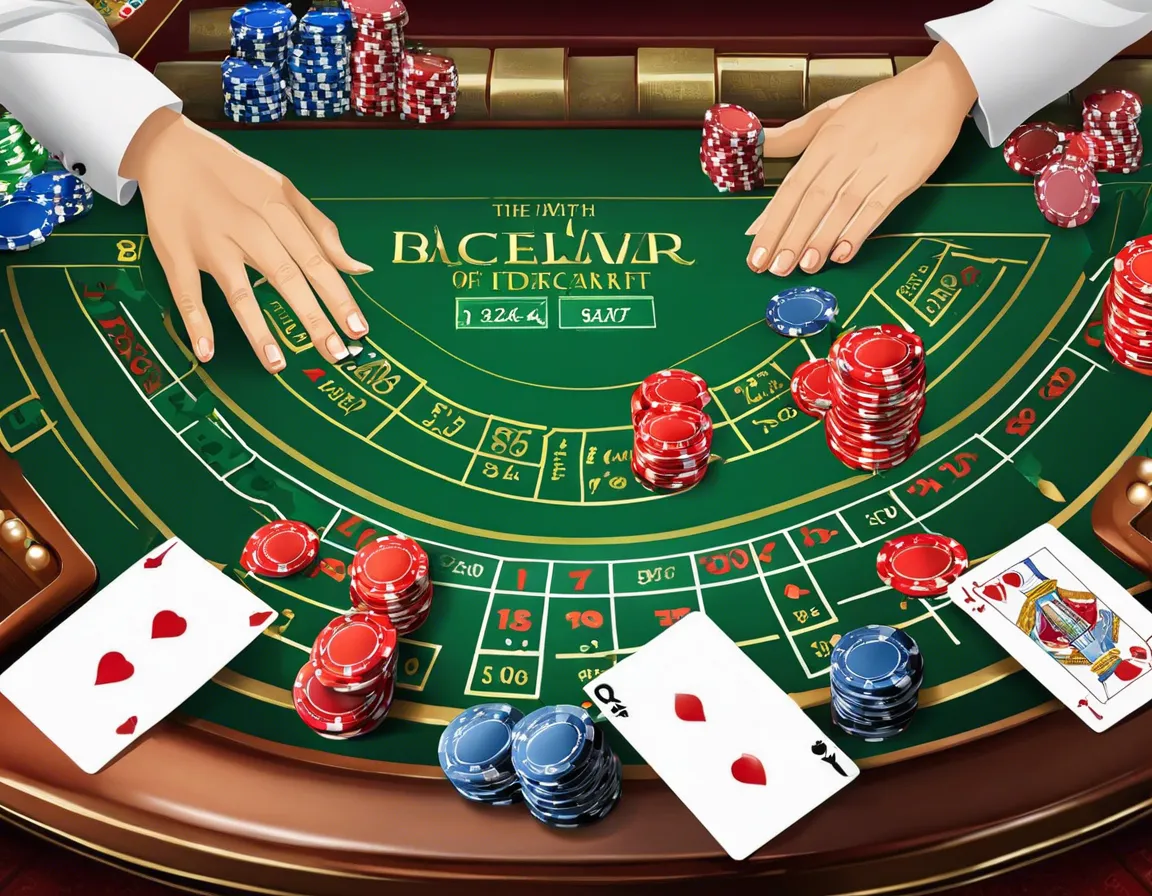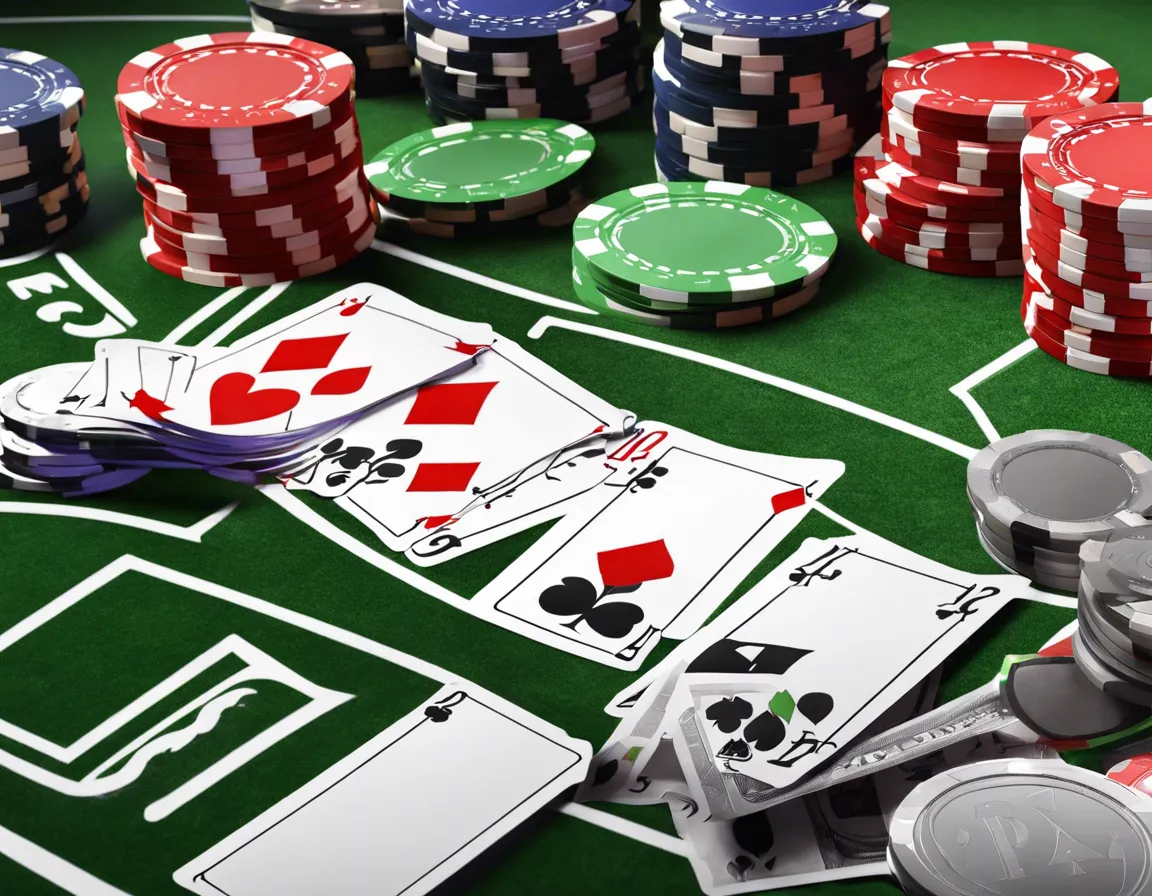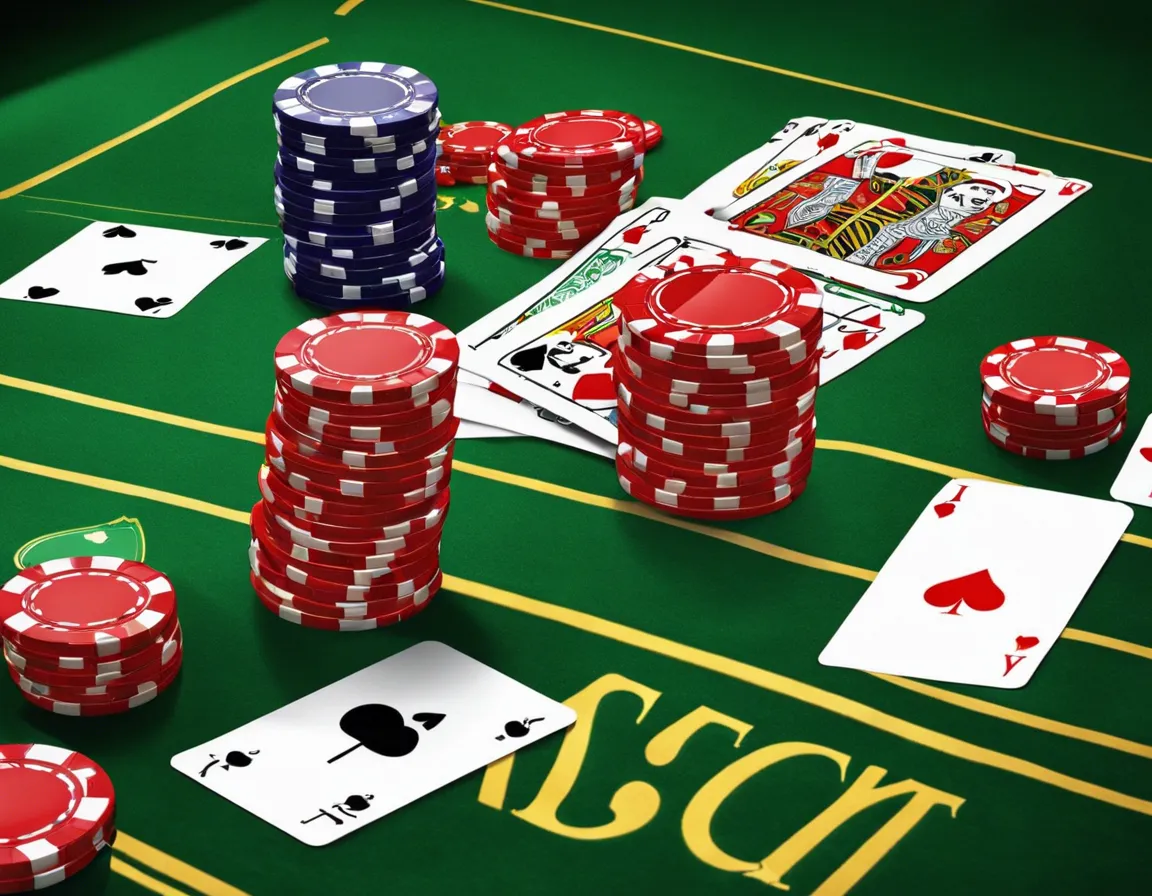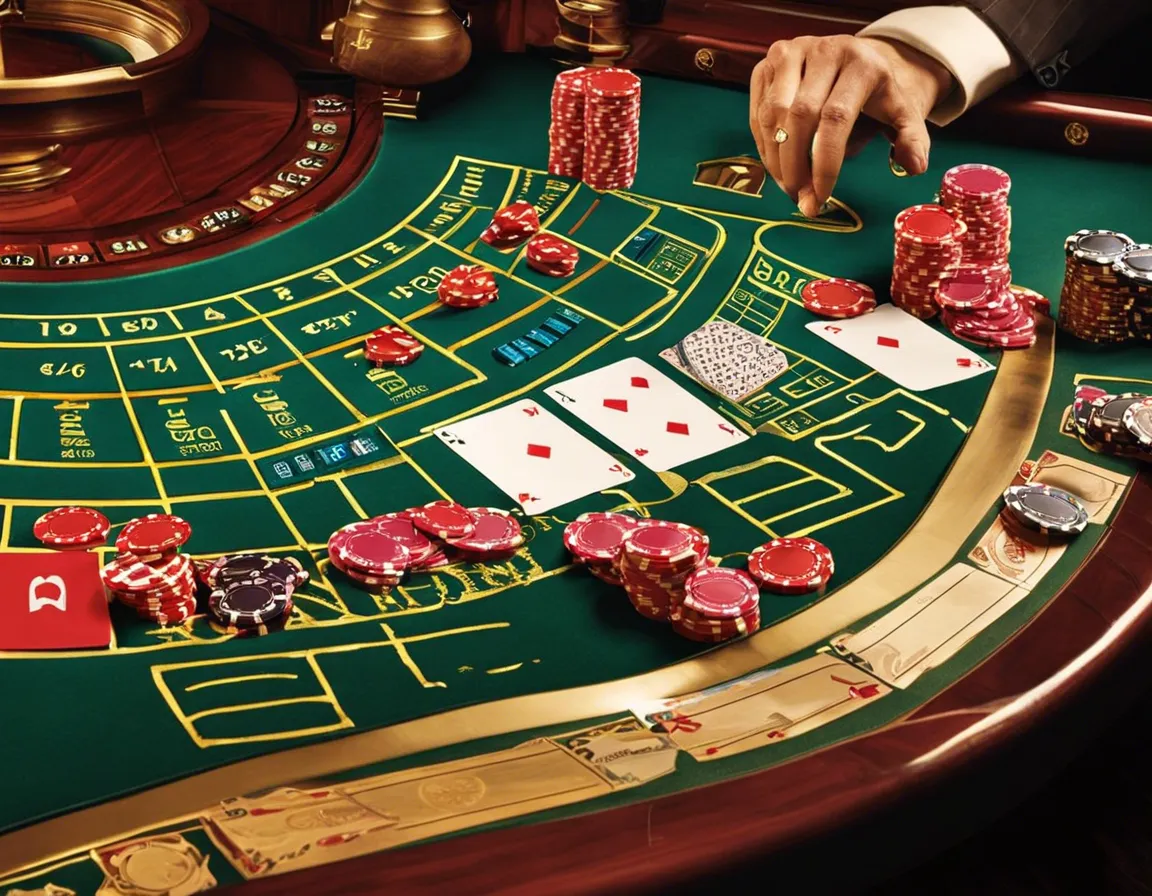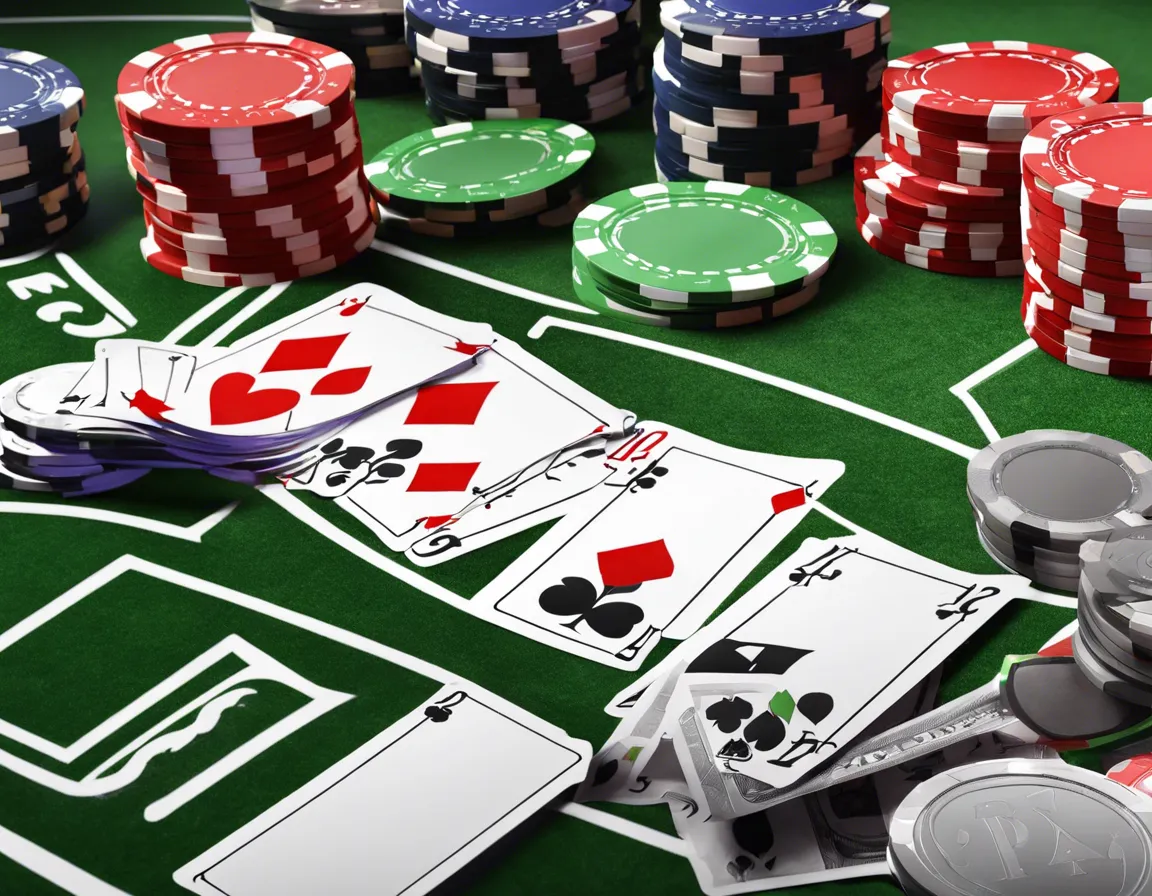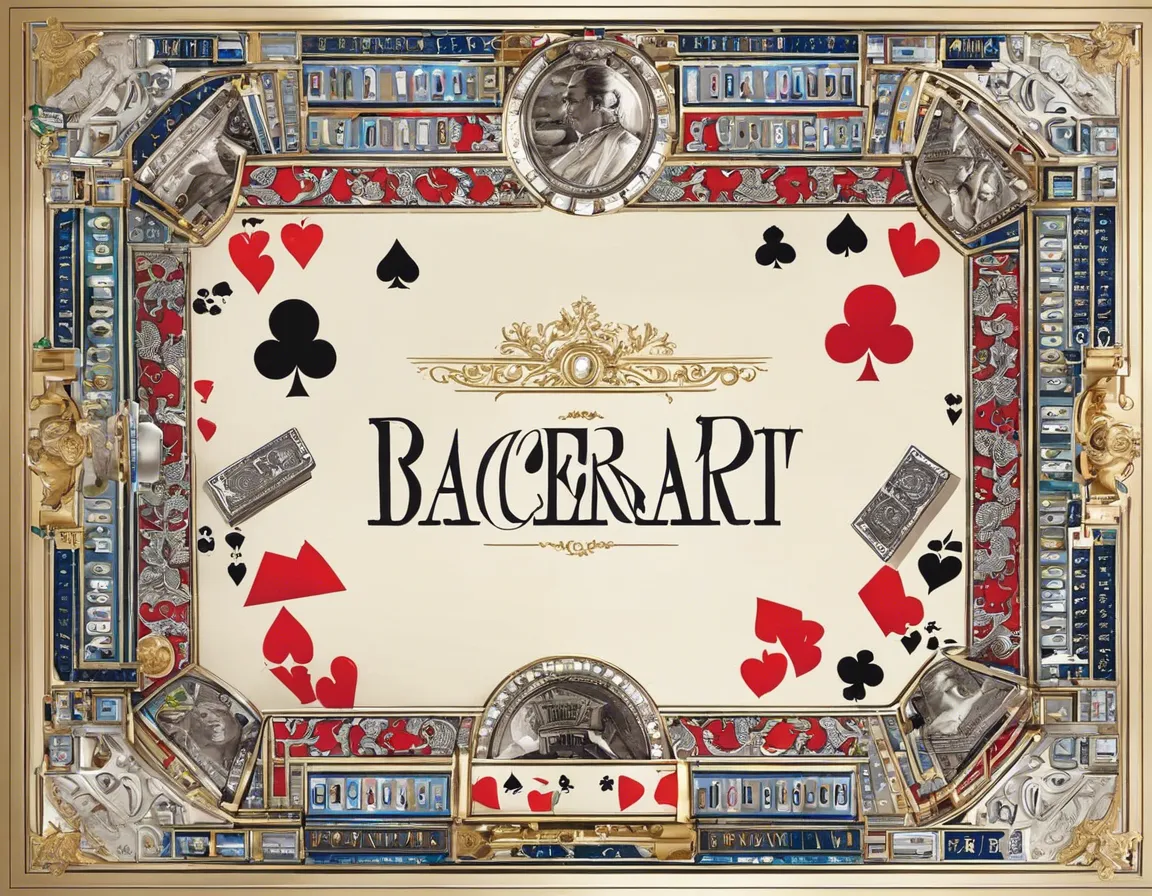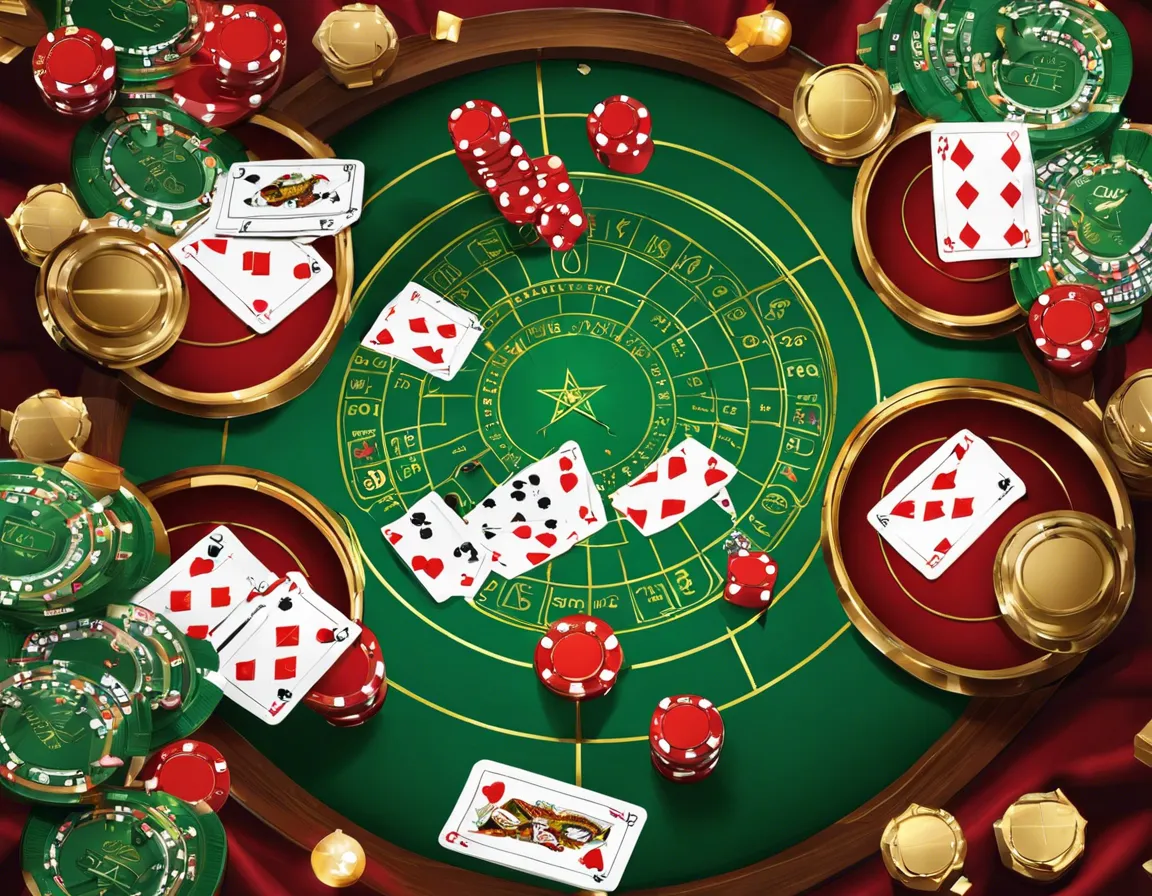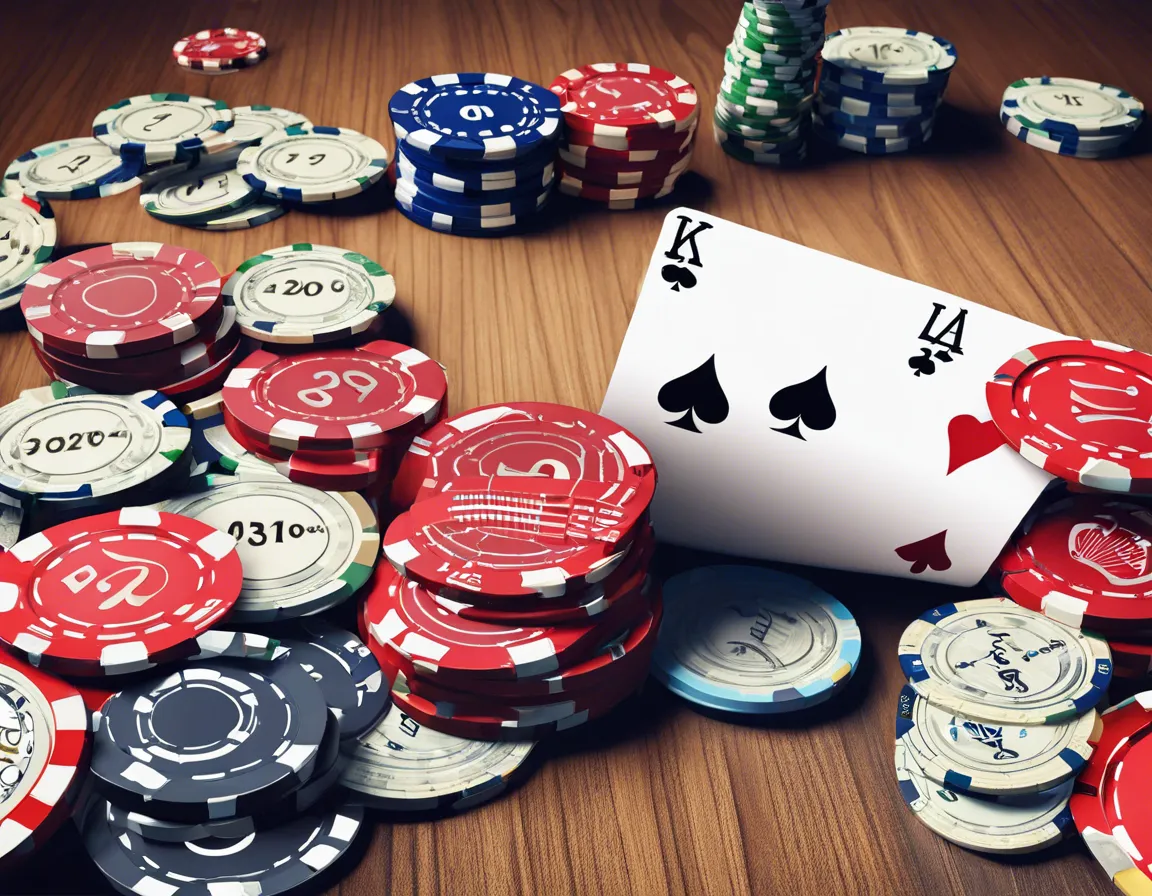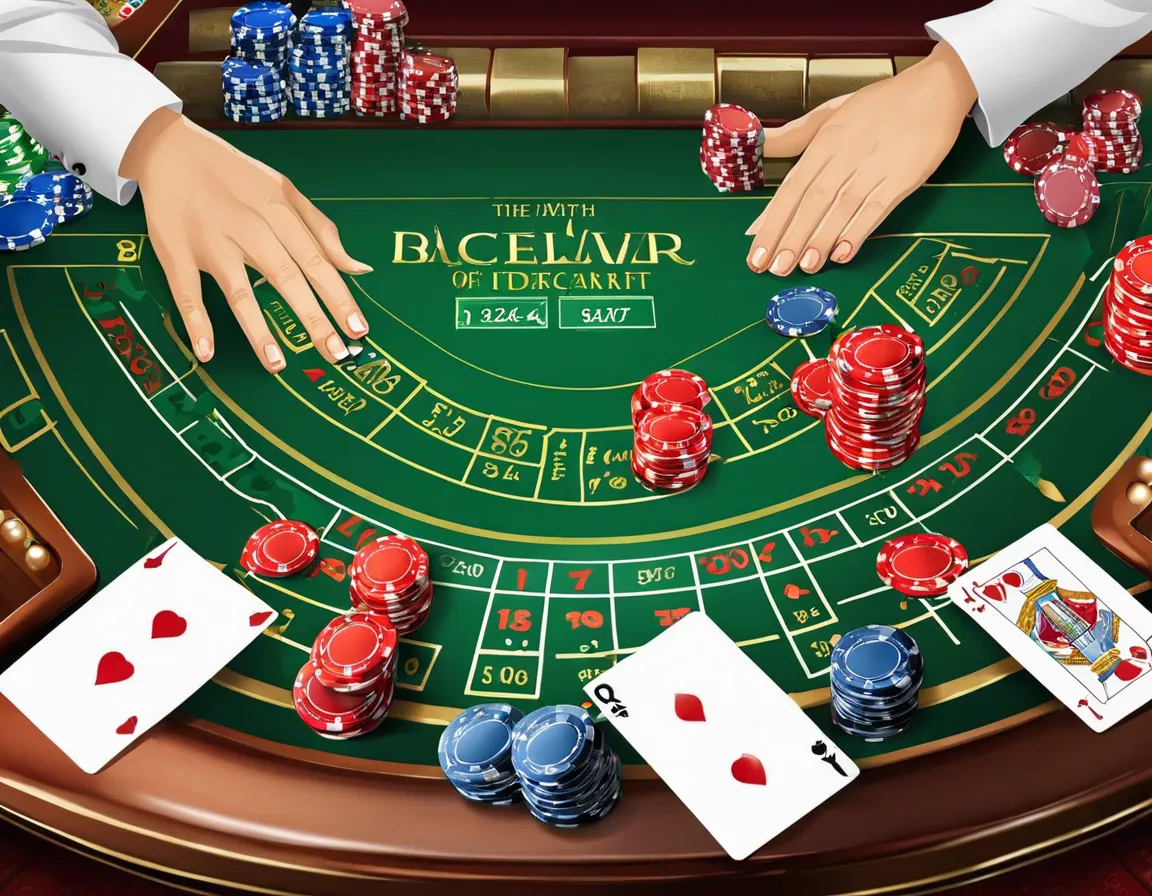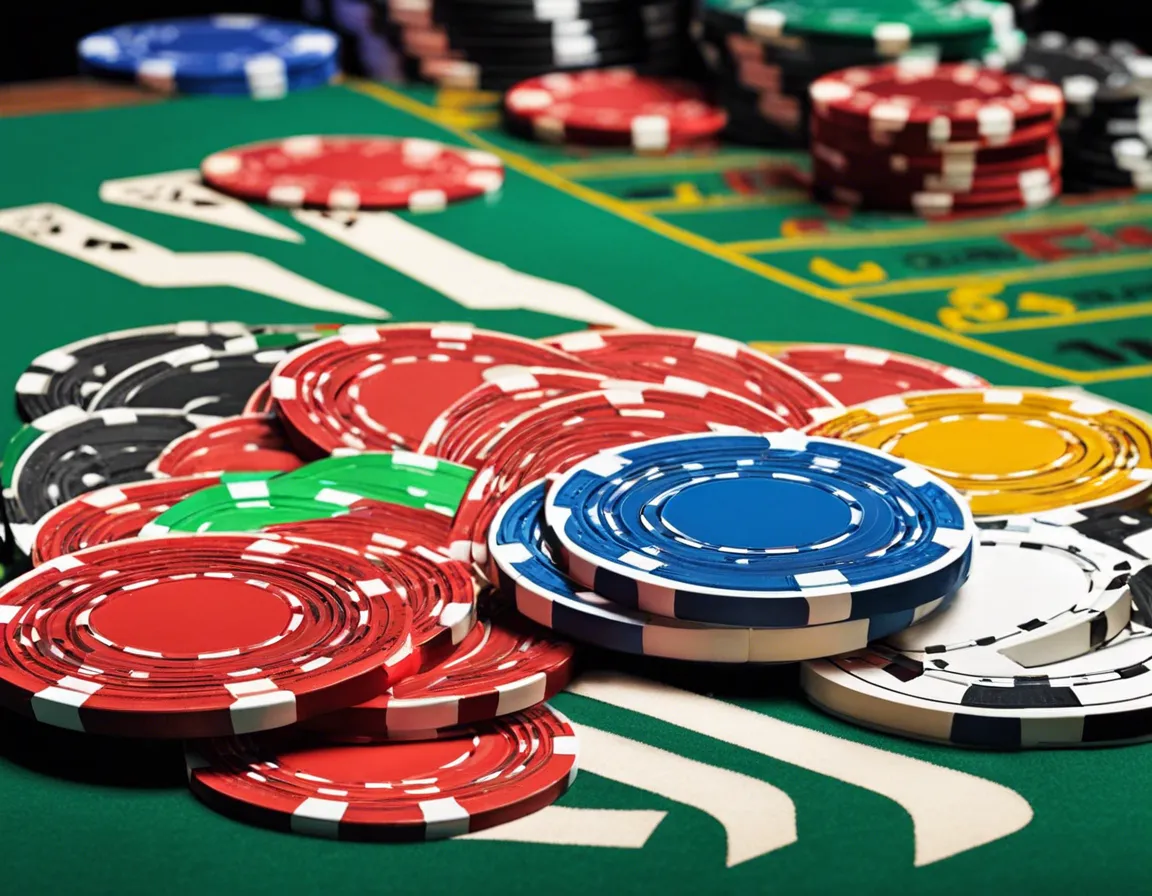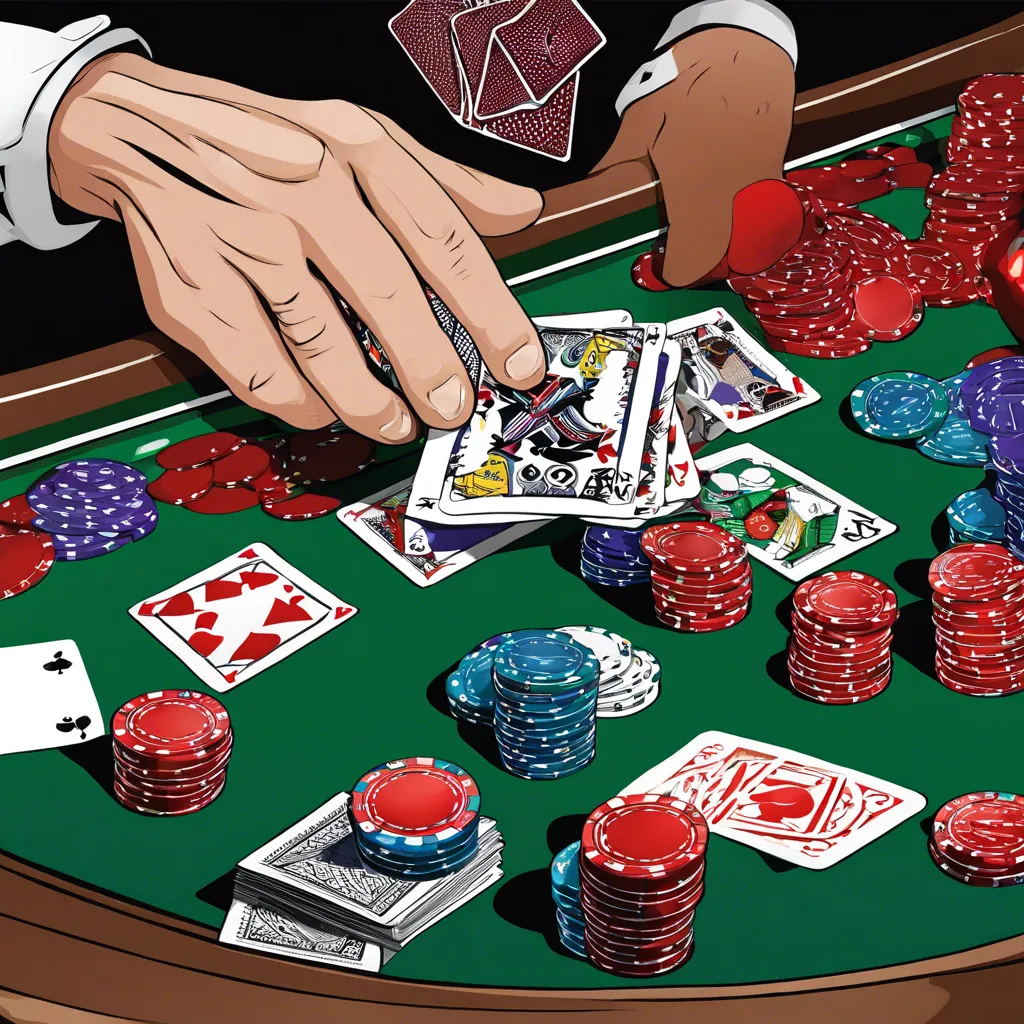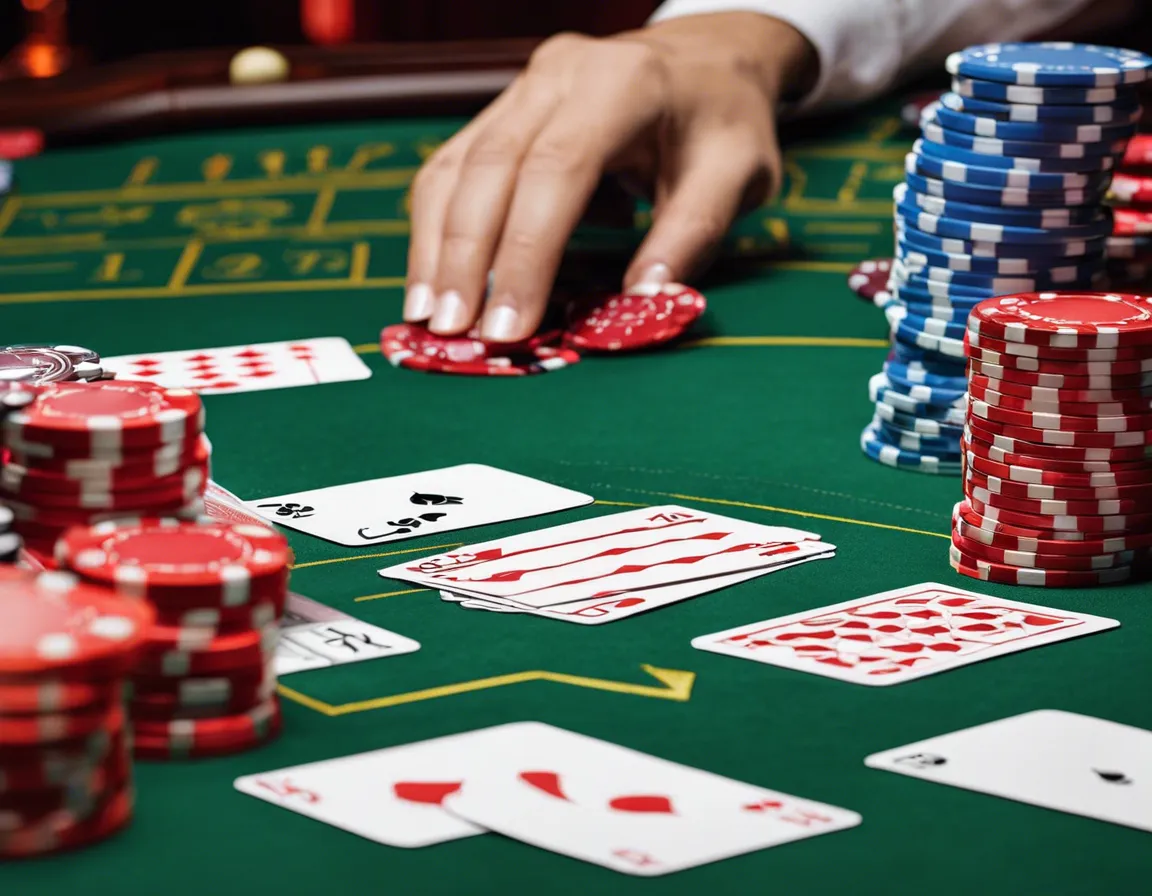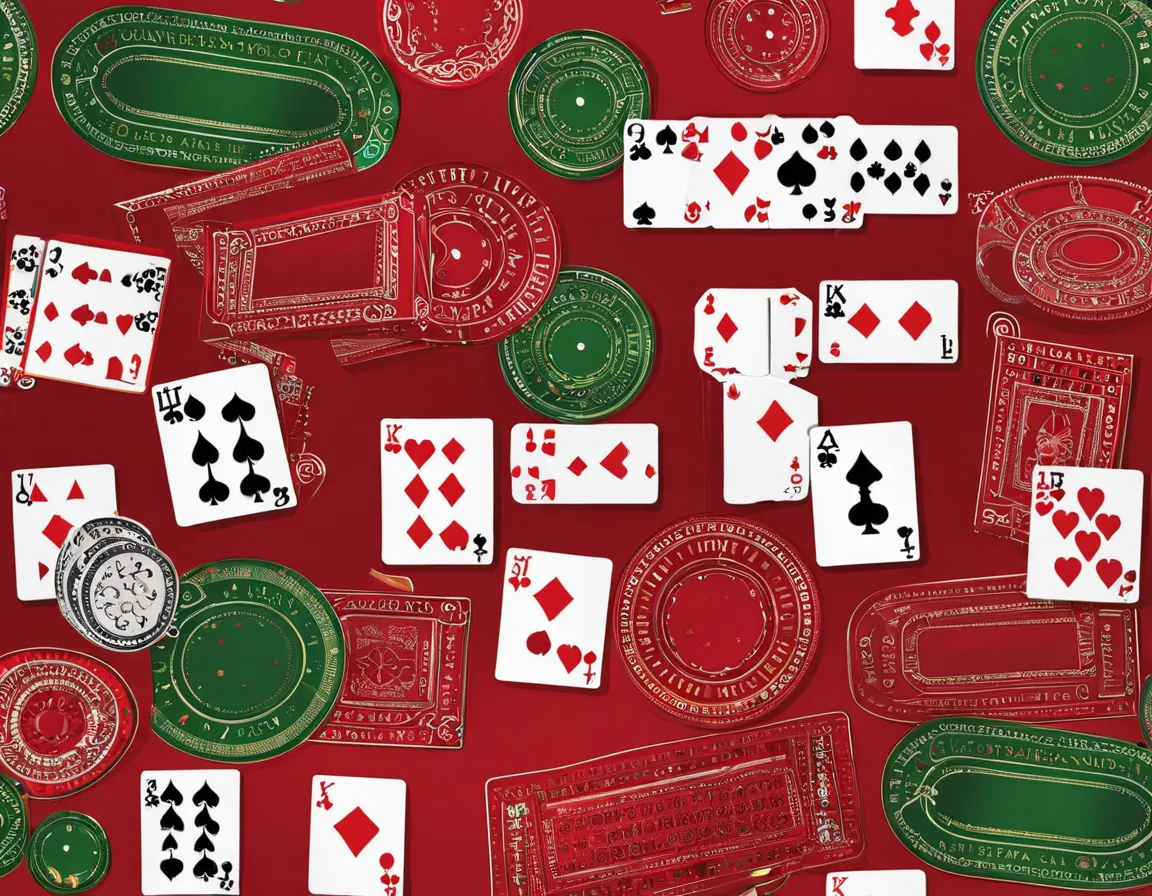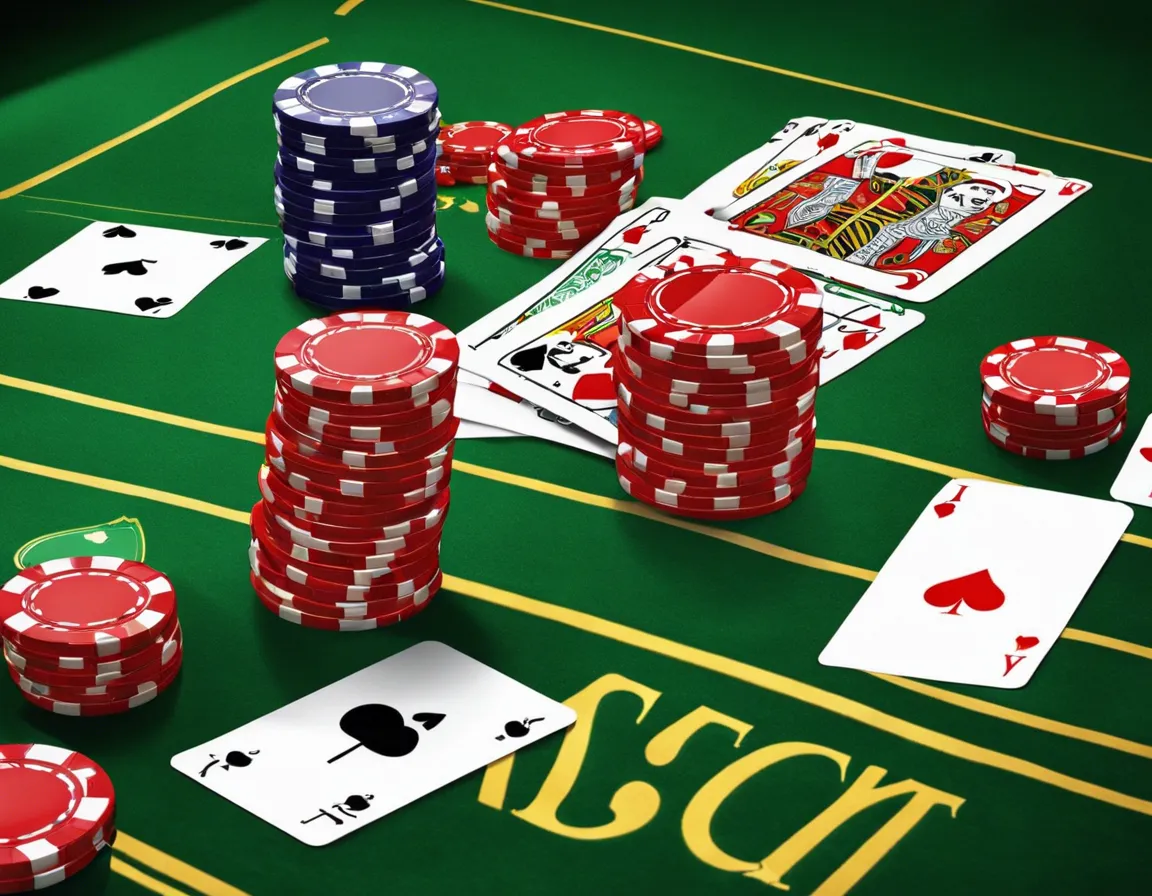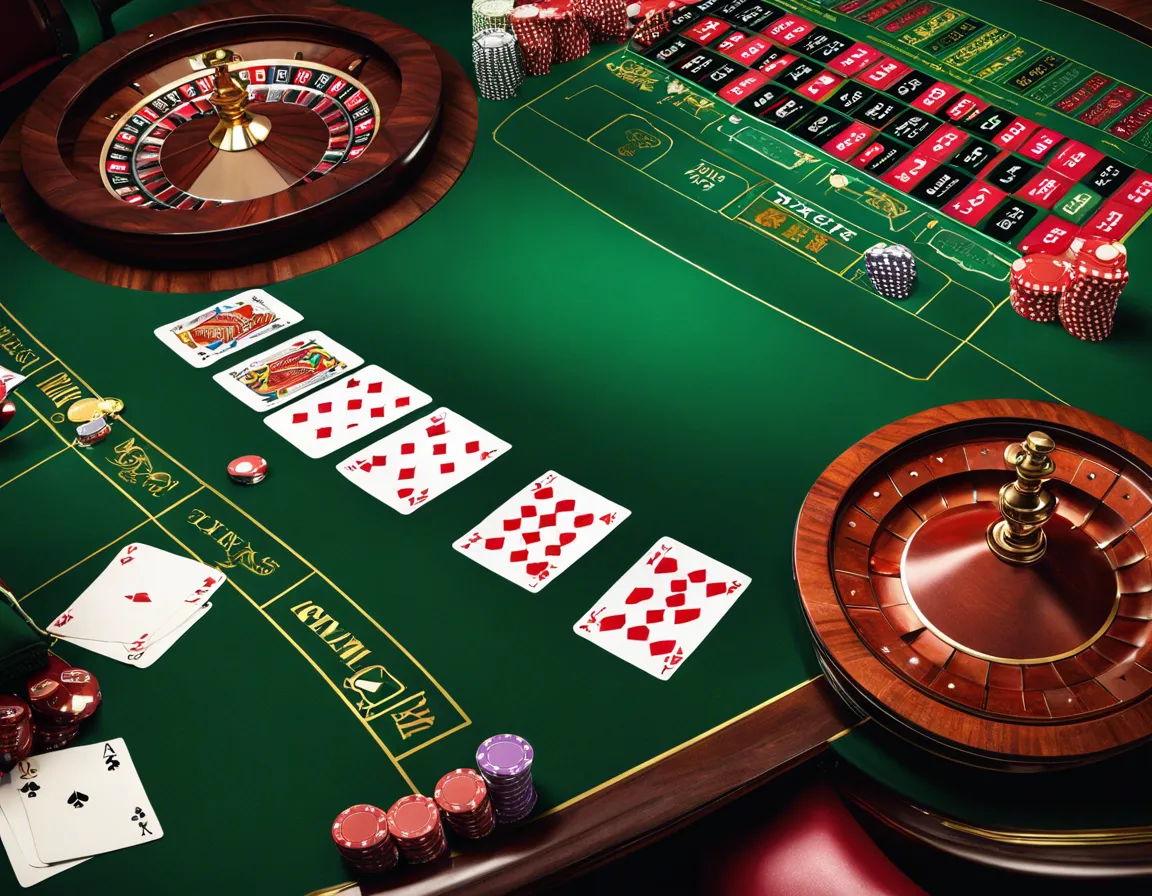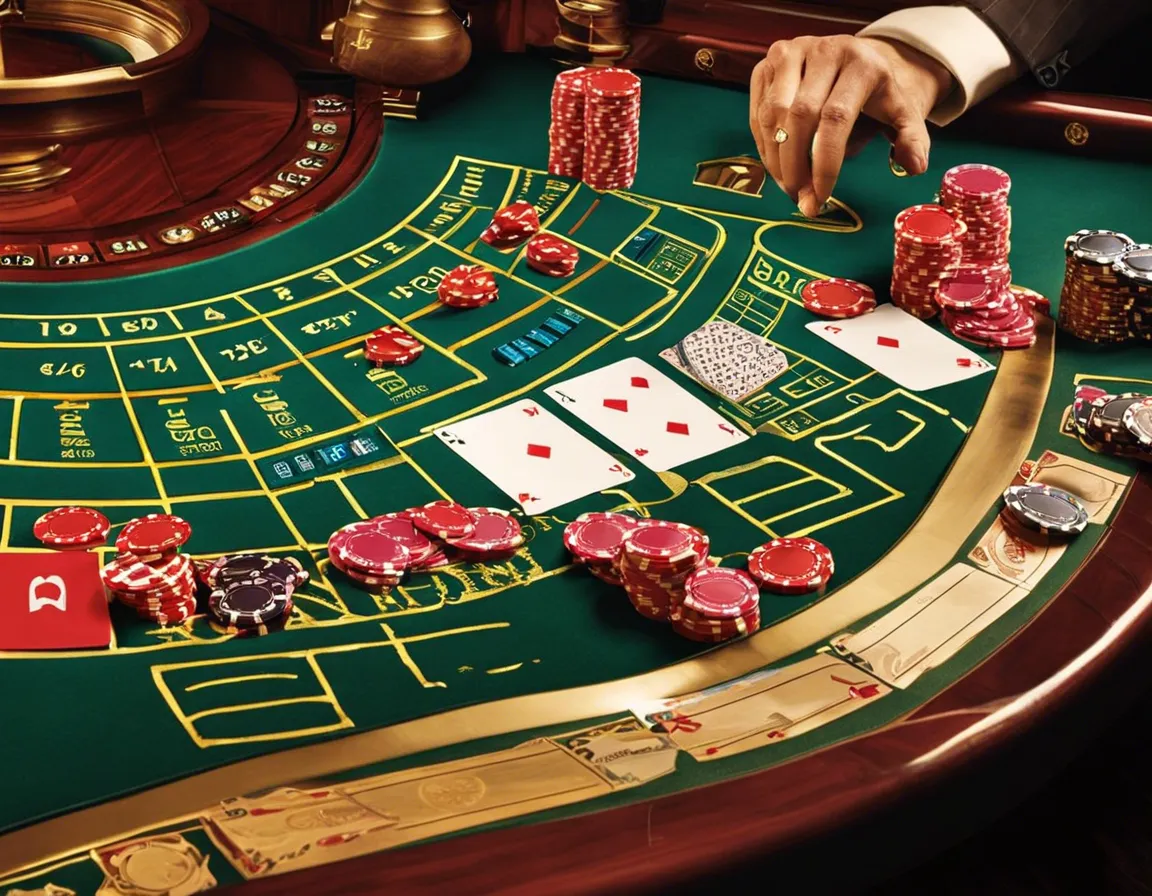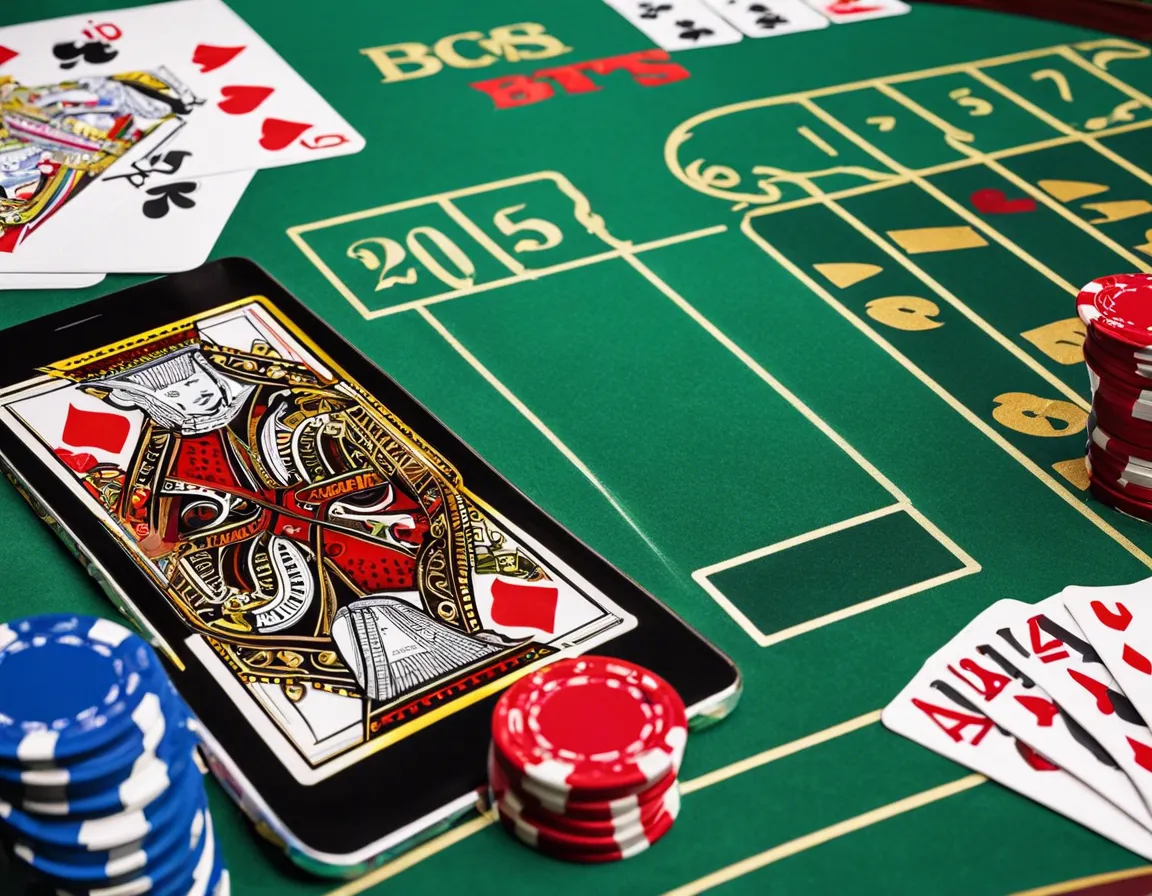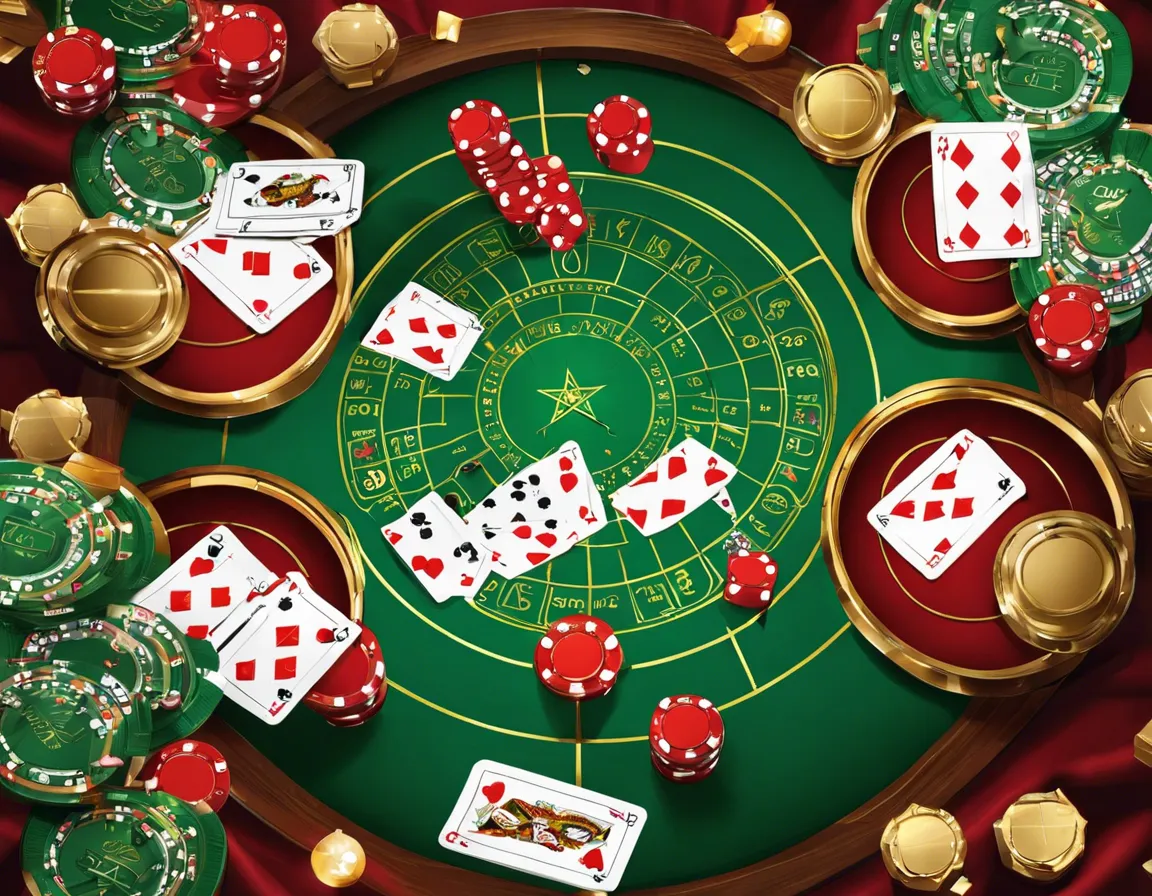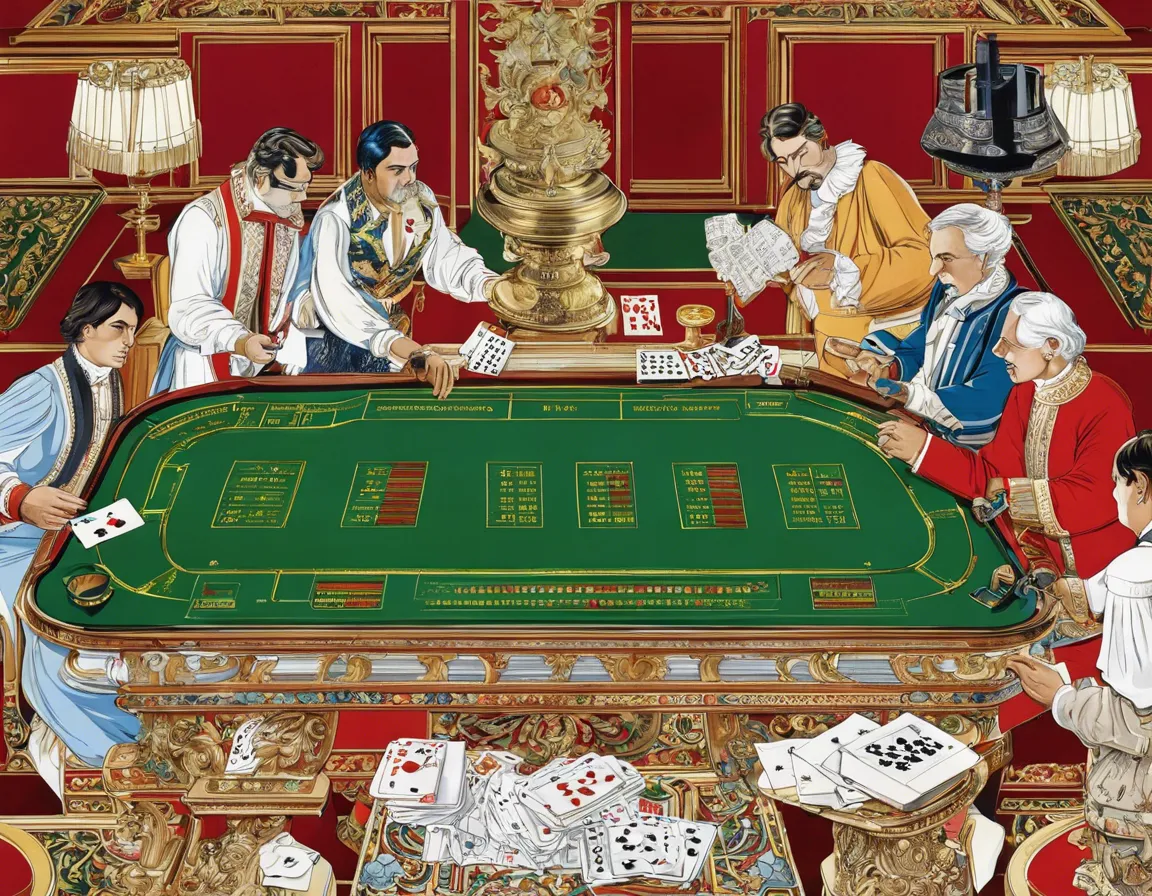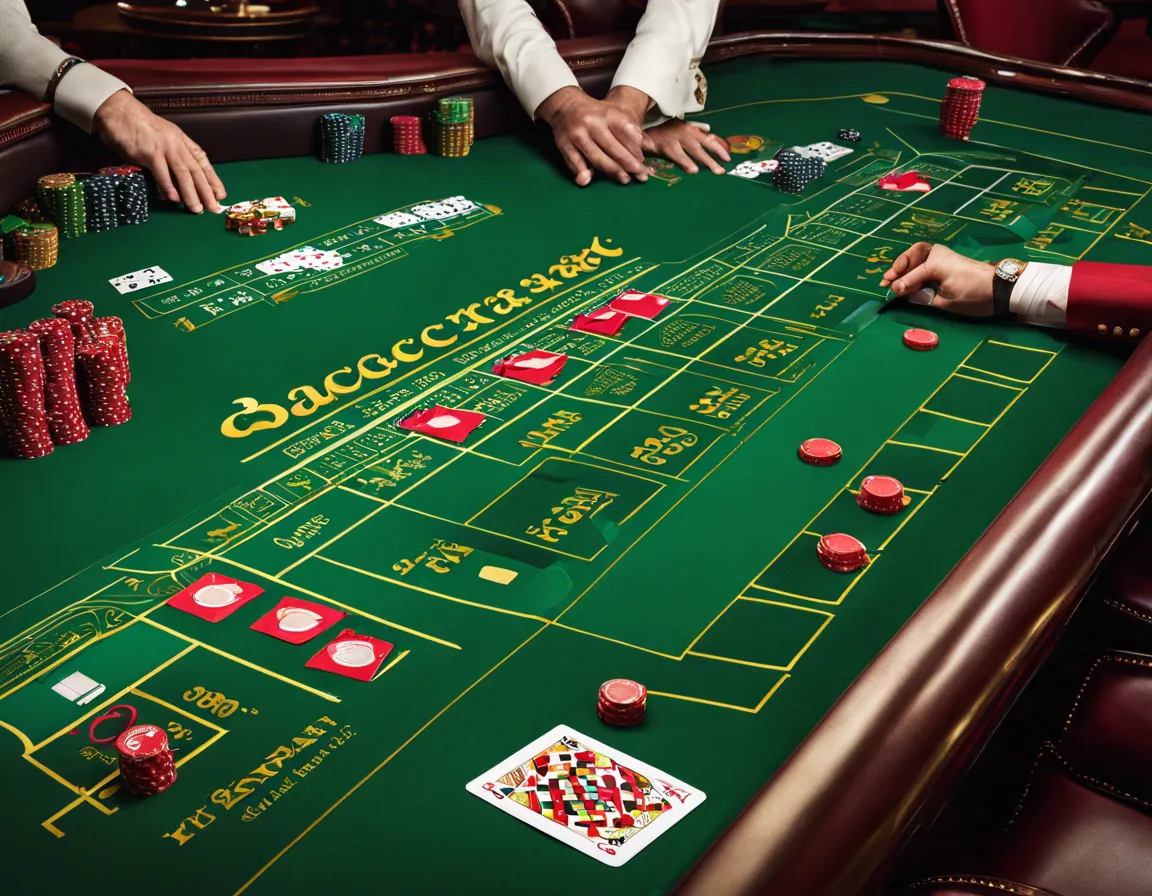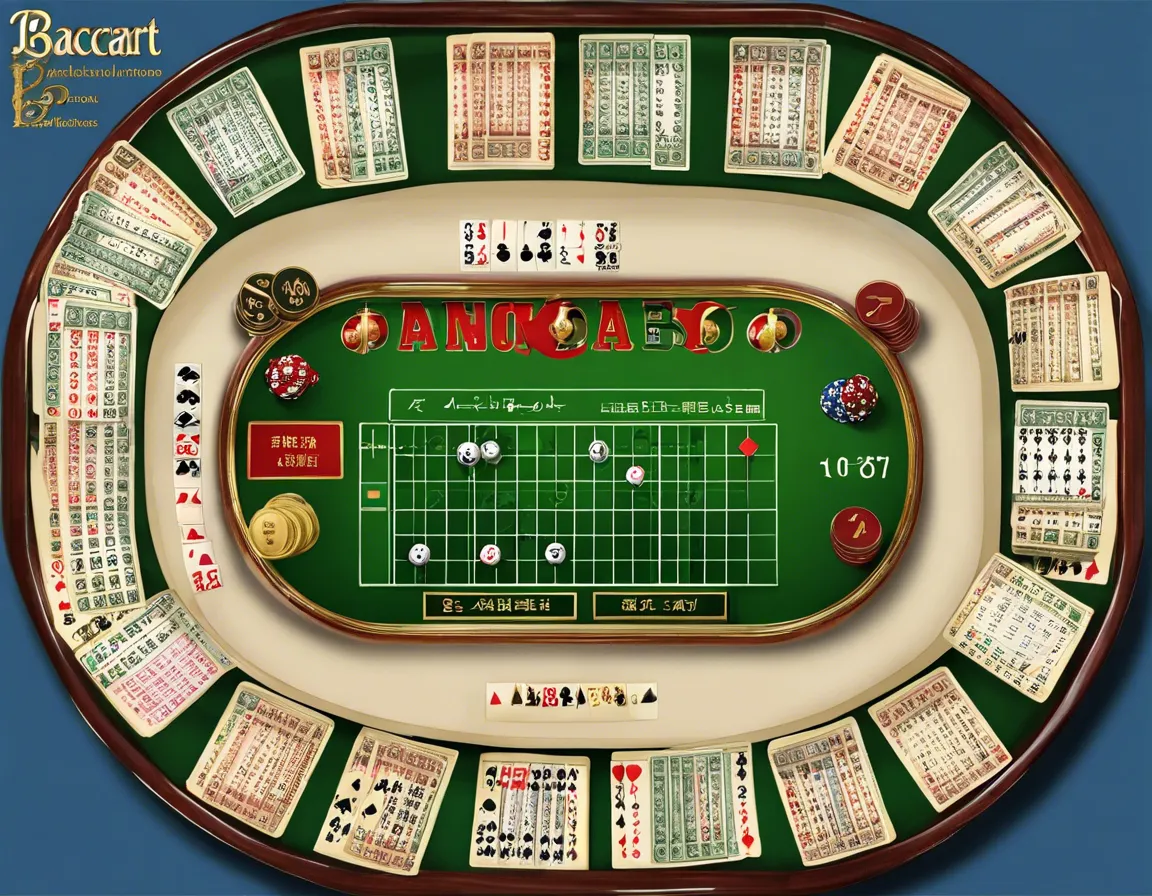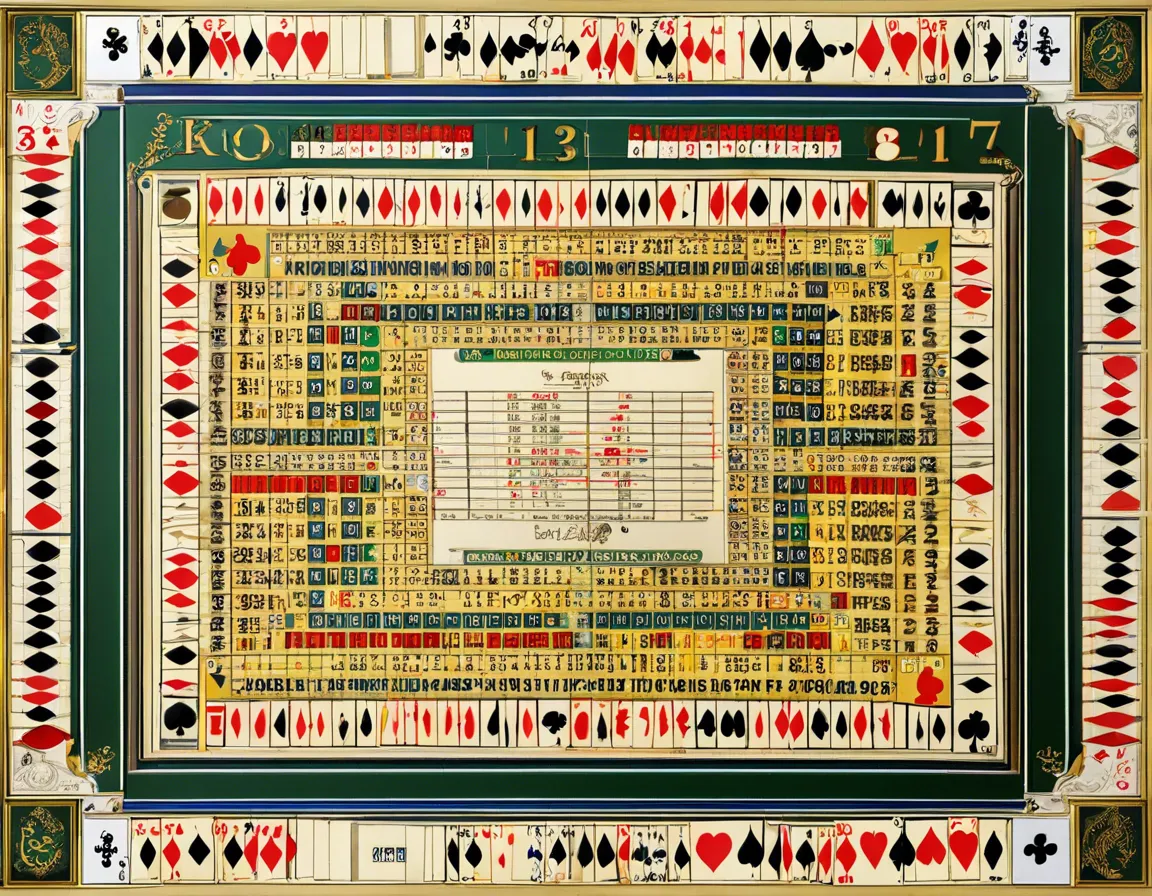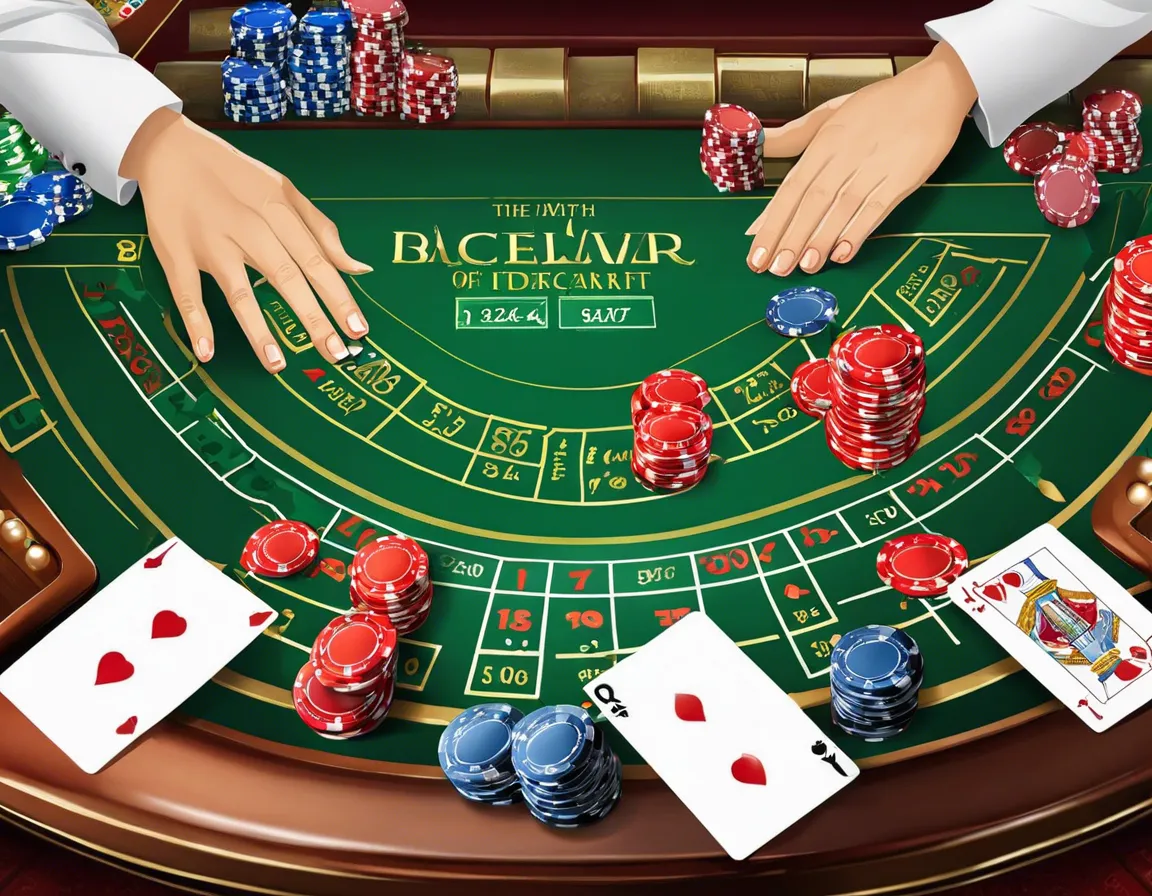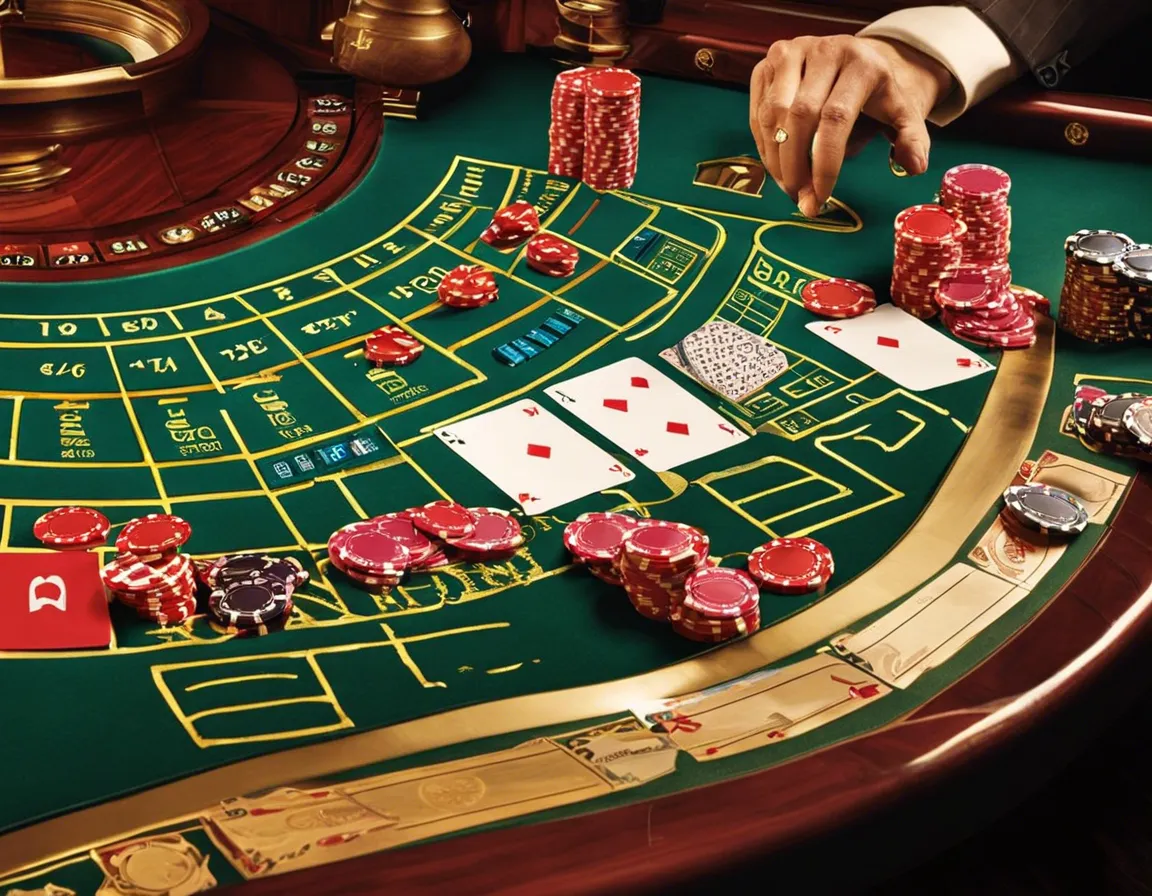Outline
- Introduction to Baccarat
- Brief history and origins
- Popularity in casinos
- The Basics of Baccarat
- How the game is played
- Rules and card values
- Mathematics in Baccarat
- Probability and odds
- House edge and player advantage
- Understanding Card Counting
- Importance of card counting
- How card counting works in Baccarat
- Strategies and Systems in Baccarat
- Popular betting strategies
- Martingale, Paroli, and other systems
- The Fibonacci Sequence and Baccarat
- Explanation of the Fibonacci sequence
- Application in Baccarat betting
- Banker vs. Player Bet: Which is Better?
- Analysis of odds and payouts
- Pros and cons of each bet
- The Role of Mathematics in Baccarat Strategy
- Making informed decisions based on probabilities
- Balancing risk and reward
- Advanced Baccarat Mathematics
- Simulation and analysis of different scenarios
- Incorporating statistical models
- The Psychology of Baccarat Players
- Common misconceptions and superstitions
- Impact on decision-making
- Online Baccarat and RNG
- Random Number Generators (RNGs)
- Ensuring fairness in online play
- Tips for Success in Baccarat
- Bankroll management
- Setting limits and sticking to a strategy
- The Future of Baccarat and Mathematics
- Evolution of strategies and analysis
- Potential advancements in the game
- Real-Life Applications of Baccarat Mathematics
- Beyond the casino: practical uses of probability and statistics
- Conclusion
- Recap of key points
- Emphasis on the marriage between mathematics and Baccarat
Baccarat and Mathematics: The Numbers Behind the Game
Baccarat, a classic card game often associated with sophistication and elegance, has captured the hearts of players in casinos worldwide. Beyond its glamorous facade lies a game deeply rooted in mathematical principles and probabilities. In this article, we delve into the intricate relationship between Baccarat and mathematics, uncovering the numbers behind the game’s strategies and outcomes.
Introduction to Baccarat
Baccarat traces its origins to 19th-century France, where it was initially played by the aristocracy. Over the years, it has evolved into a staple in casinos across the globe, captivating players with its simplicity and allure.
The Basics of Baccarat
At its core, Baccarat is a game of chance played between two hands: the Player and the Banker. Each hand is dealt two cards, and the objective is to achieve a total closest to nine. Card values are straightforward, with numbered cards retaining their face value, while 10s and face cards are worth zero.
Mathematics in Baccarat
Central to understanding Baccarat is grasping the mathematical underpinnings that govern its outcomes. Probability theory and statistical analysis play a crucial role in assessing the likelihood of various outcomes and determining optimal strategies.
Understanding Card Counting
While card counting is commonly associated with games like Blackjack, its principles can also be applied to Baccarat. By keeping track of the cards that have been dealt, players can gain insights into the composition of the remaining deck and adjust their betting accordingly.
Strategies and Systems in Baccarat
Numerous betting strategies and systems have been devised in an attempt to gain an edge in Baccarat. From the Martingale system to the Paroli strategy, each approach seeks to exploit patterns and fluctuations in the game’s outcomes.
The Fibonacci Sequence and Baccarat
One of the most intriguing mathematical concepts applied to Baccarat is the Fibonacci sequence. This sequence, characterized by the sum of the two preceding numbers, has found its way into Baccarat betting systems, offering a structured approach to wagering.
Banker vs. Player Bet: Which is Better?
A perennial question among Baccarat players is whether to wager on the Banker or the Player hand. By analyzing the odds and payouts associated with each bet, players can make informed decisions based on mathematical principles.
The Role of Mathematics in Baccarat Strategy
Effective Baccarat strategy relies on leveraging mathematical insights to maximize expected value and minimize risk. By understanding the probabilities of various outcomes, players can adopt strategies that align with their objectives.

Advanced Baccarat Mathematics
Beyond basic probability theory, advanced mathematical techniques can be employed to analyze complex scenarios in Baccarat. Through simulation and statistical modeling, players can gain deeper insights into the dynamics of the game.
The Psychology of Baccarat Players
In addition to mathematical considerations, the psychology of Baccarat players also influences gameplay. Superstitions and misconceptions abound, impacting decision-making and strategy implementation.
Online Baccarat and RNG
The advent of online Baccarat introduces new variables, such as Random Number Generators (RNGs), into the equation. Ensuring the fairness and randomness of online play requires a nuanced understanding of these technologies.
Tips for Success in Baccarat
For aspiring Baccarat enthusiasts, effective bankroll management and disciplined gameplay are essential. Setting clear limits and adhering to a well-defined strategy can mitigate losses and enhance the overall experience.
The Future of Baccarat and Mathematics
As technology continues to advance, the intersection of Baccarat and mathematics is poised for further exploration. Innovations in data analysis and computational methods promise to reshape strategies and gameplay dynamics.
Real-Life Applications of Baccarat Mathematics
Beyond the realm of casinos, the principles of probability and statistics underlying Baccarat have practical applications in various fields. From finance to sports analytics, the skills honed through Baccarat gameplay transcend the confines of the gaming table.
Conclusion
In conclusion, Baccarat stands as a testament to the symbiotic relationship between mathematics and gaming. By delving into the numbers behind the game, players can unlock new avenues of strategy and insight, enriching their gameplay experience.
FAQs
- Is Baccarat purely a game of luck? While luck certainly plays a significant role in Baccarat, informed decision-making and strategic betting can tilt the odds in favor of the player.
- Are there any foolproof strategies for winning at Baccarat? No strategy can guarantee consistent wins in Baccarat due to its inherent randomness. However, adopting sound betting strategies based on mathematical principles can enhance the likelihood of success.
- How important is mathematics in Baccarat compared to other casino games? Mathematics plays a crucial role in Baccarat, as it informs both basic gameplay decisions and advanced betting strategies. Its significance is comparable to other casino games like Blackjack and Poker.
- Can beginners excel at Baccarat without a deep understanding of mathematics? While a thorough understanding of mathematics can certainly enhance one’s proficiency in Baccarat, beginners can still enjoy success by adhering to fundamental strategies and prudent bankroll management.
- What resources are available for individuals looking to learn more about Baccarat mathematics? A wealth of online resources, including books, articles, and tutorials, are available to help individuals deepen their understanding of the mathematical principles underlying Baccarat gameplay.




